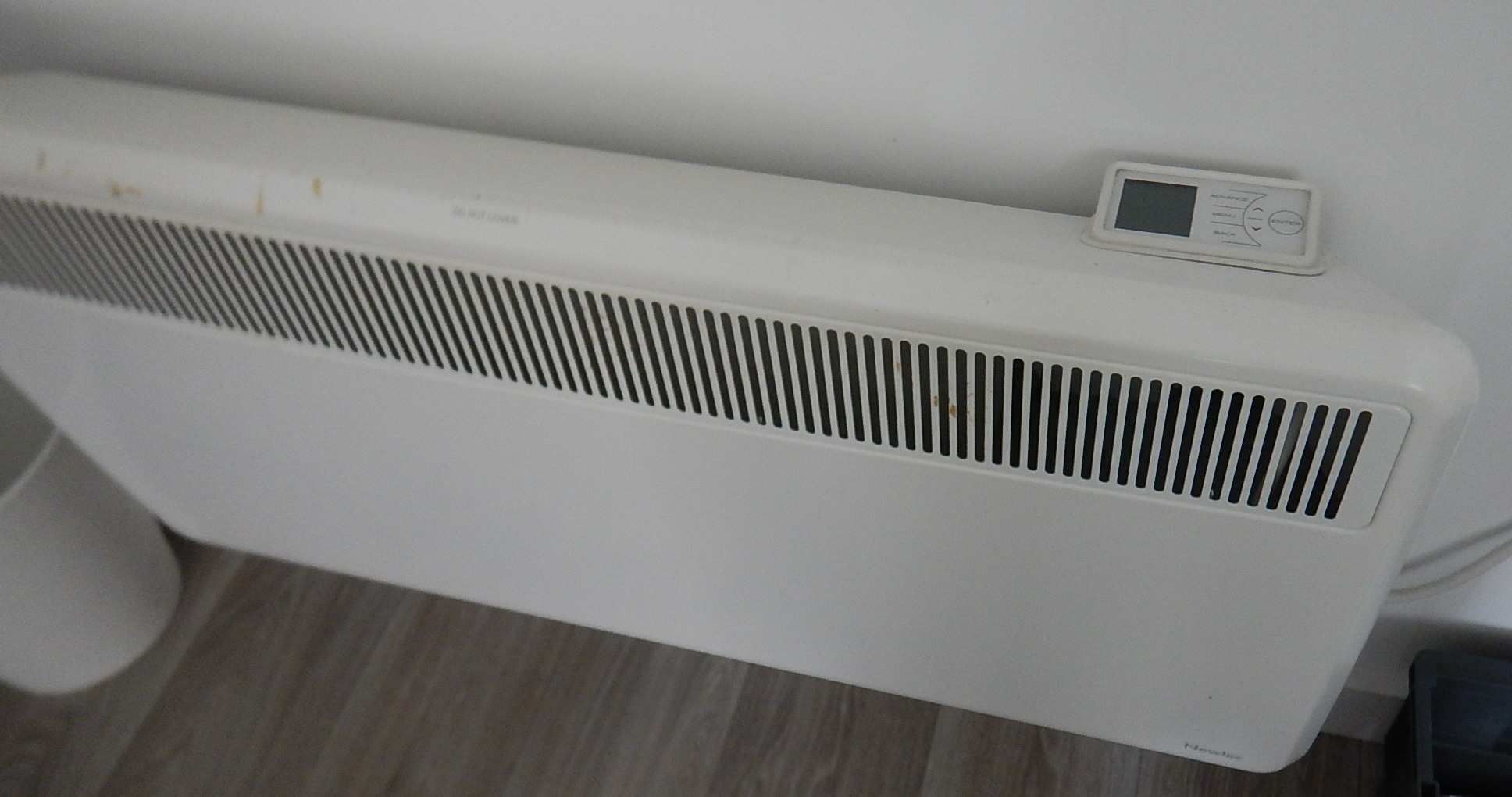Electric radiators will damage your EPC rating

We look at why Electric radiators are bad for your pocket, and bad for your EPC rating.
Electric radiators are a common choice for heating homes and offices, but they may not be the best option when it comes to running costs. In this article, we will provide a simple overview of why electric radiators score so badly on a domestic energy performance certificate (EPC) and what alternatives you can consider.
What is an EPC?
An EPC is a document that shows how energy efficient a property is, using a scale from A to G, where A is the most efficient and G is the least. It also provides information on the property's carbon dioxide emissions and suggests ways to improve its energy performance. An EPC is required by law when you sell or rent a property in the UK.
The rating on a domestic EPC is based on the estimated cost of using the property in a “typical” manner. This is not intended to reflect the actual cost for an individual occupier, but to indicate the potential costs using standard assumptions to enable a like-for-like comparison between different properties.
Why do electric radiators score poorly on an EPC?
The main reasons why electric radiators score poorly on an EPC is that they use electricity as their primary source, and electricity is a high cost fuel.
Electric radiators use electricity to heat them, and then radiate heat into the room. They are easy to install and maintain, but they do have significant drawbacks when it comes to EPC ratings. They are considered to be 100% efficient at point of use, so each kWh of electricity will give you a kWh of heat. This is slightly better than gas boilers where a modern gas boiler will be better than 90% efficient but will not achieve 100%.
There are a variety of claims made about high efficiency electric radiators, but the reality is that they are still essentially the same efficiency, 1 kWh of electricity will give 1 kWh of heat. However, the so-called high efficiency ones are generally more controllable. From that perspective, if used correctly, they may be able to reduce your energy consumption.
The fundamental problem however is that electricity is typically between three and four times more expensive than gas. Therefore, to be as cheap to run as gas central heating, electric radiators would need to be between 3 and 4 times more efficient than they are. Electric radiators, in typical use, are therefore a far more expensive heating option than gas central heating; which is why they score so badly in the EPC.
What are some alternatives to electric radiators that do not burn fossil fuels?
Heat pumps: Heat pumps are devices that transfer heat from a low-temperature source (such as air, ground, or water) to a high-temperature one (such as your home). They use electricity to run a compressor, but they can produce far more heat than the electricity they consume, making them very efficient and environmentally friendly.
Some types of heat pumps can provide both heating and cooling for your home, and they can work with underfloor heating, radiators, or air conditioning type units. They can be between 300% and 400% efficient so after the initial outlay, can be as cheap to run as gas central heating.
Conclusion
Electric radiators are a convenient and simple way of heating your home but are one of the costliest options. If you want to improve your property's EPC rating, and save money in the long term, you should consider alternatives such as heat pumps.
Changing from a gas central heating system to electric radiators will almost certainly increase your energy costs (quite a bit), and that is why the EPC rating will go down (significantly).
You may be eligible for assistance with the cost of changing to a heat pump system. Download the ofgem guidance on the Boiler Upgrade Scheme HERE.

